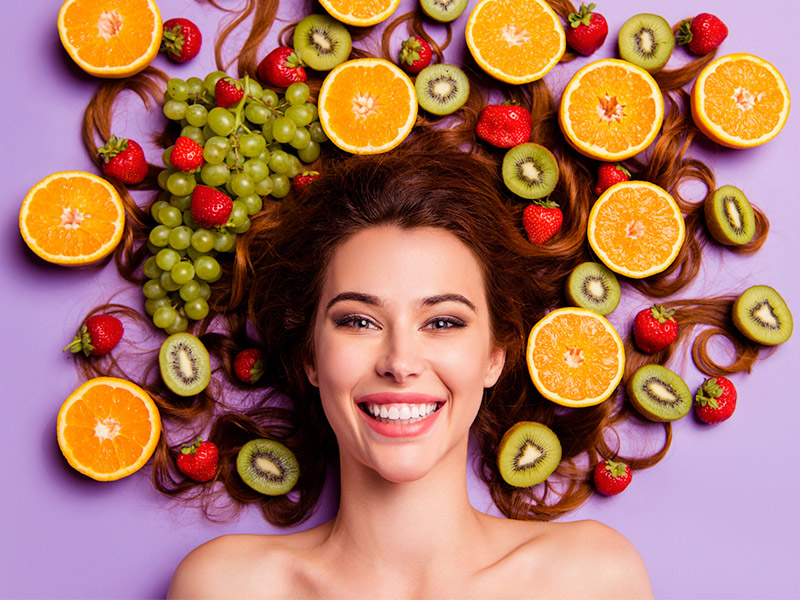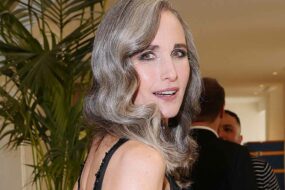How to get the nutrients healthy hair needs
Most of us aspire to achieve healthy, glossy hair, but using the right products is only part of the solution—feeding your body the right nutrients is also key.
Nurse, naturopath and nutritionist Madeline Calfas likens the health of our hair to a garden bed.
“If the quality of the soil is pretty depleted of nutrients, then trying to get healthy plants will fruit, flower and grow is highly unlikely,” Madeline says.
“However, if the soil is rich and fertile with an abundance of nutrients, then you will find you get healthy, happy plants that will readily flower and fruit.”
Factors such as age, genes, medical conditions, illness, hormones and stress can all play a part in hair health, but nutrients play a critical role in “providing the building blocks for hair itself” along with supporting hair and scalp health, according to dietitian Skye Swaney.
- Care essentials: Simple tips for wonderful winter hair
Best dietary nutrients for healthy hair
To make sure your hair has the right nutrients to grow and flourish, the experts recommend you include the following in your diet:
Protein
“This is the main building block of hair – it is found in many foods including meat, poultry and fish but also eggs and some dairy products such as milk and yoghurt,” Skye says.
“Also whole grains such as those found in bread, brown rice, oats and nuts, seeds and legumes.” Skye says.
Biotin
Find biotin in nuts, seeds, eggs, sweet potatoes, broccoli and spinach.
Selenium
Brazil nuts are a great source of selenium along with meat, fish, eggs and dairy.
Iron
Found in meat, tempeh, nuts, tofu, lentils, dark green leafy vegetables such as kale, broccoli and spinach.
“It is important to note though there are two forms of iron – iron and heme iron – and it is heme iron (found only in animal products) that is more readily available and absorbed by the body,” Madeline says.
Zinc
Found in oysters and other seafood, nuts, meat and poultry, shiitake mushrooms and asparagus.
- Mane menu: 17 foods to eat for luscious locks
What about hair supplements?
There is a large market of hair supplements available, but are they necessary?
Skye says most hair supplements contain a combination of nutrients such as zinc, biotin, iodine and vitamin A and D.
“While these are all important for hair health, unless you have a deficiency of any of these nutrients, it’s unlikely that taking a supplement will offer many benefits,” she says.
There has also been little research looking into the effects of hair supplements.
“We don’t really know how beneficial they actually are, if at all,” she says.
If you do go down this path, consult a health practitioner first to determine what supplements you may need, if any, and the dosage required.
- Good oil: Could hair oiling work for you?
Written by Tania Gomez.




